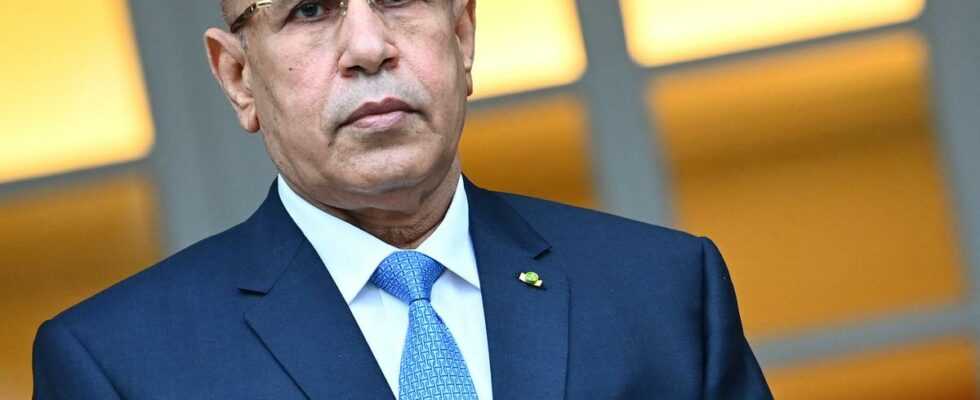Mauritania has made progress in the fight against slavery, in particular thanks to the efforts of the government, but this practice persists in the country, underlined Friday May 13 in Nouakchott the UN special rapporteur on modern forms of slavery. slavery, which met several challenges.
Read alsoBordeaux plans a house against slavery and for equality
Tomoya Obokata, UN special rapporteur on forms of slavery, completed a two-week mission to Mauritania on Friday, where this practice still exists, according to NGOs, despite its official ban. Slavery is treated as a crime against humanity in the Mauritanian Constitution. Tomoya Obokata said he met during his stay with President Mohamed Ould Cheikh El Ghazouani, diplomats and members of his government, anti-slavery NGOs, human rights defenders, victims of slavery and parliamentarians.
“The main purpose of the mission was to observe the implementation of actions against slavery (…) which have been adopted in Mauritanian lawhe said at a press conference in Nouakchott. “Regarding the government’s efforts, I am pleased to see that Mauritania has made progress in implementing the anti-slavery strategy and working on the elimination of this practice.“, he said, also welcoming the legislative reforms carried out by Mauritania in this area. The “denial of slaverywhich was a “huge problem in the past“, is “something that is evolving“, he underlined.
Read alsoNew government in Mauritania
“Important progress”
According to its findings, the countryhas made significant progress” but'”slavery, as well as forced labor and child labor persist in Mauritania“. “As in other parts of the world, these practices have both ethnic and gender dimensions.“. Among the challenges that the rapporteur has identified: the fact that there are “very good laws in Mauritania, but they are not implemented effectively on a day-to-day basis“.
The UN diplomat pointed toa persistent reluctance and sometimes a refusal of certain authorities to investigate and prosecute (in court) cases of slavery and similar practices“. He also felt that thelack of meansof the courts,long delays, sentences that are too light in relation to the seriousness of the facts» and the fact that too many cases are «settled amicablyrather than in court, remained problematic.
Government spokesman Mohamed Melainine Ould Eyih told AFP this week that “the human rights file, including slavery, is now treated objectively and without taboos, far from the tensions and tensions that have characterized it in the past“. “Laws have been revised and courts criminalizing slavery created and functionalized to achieve total eradication of the phenomenon“, he added.
